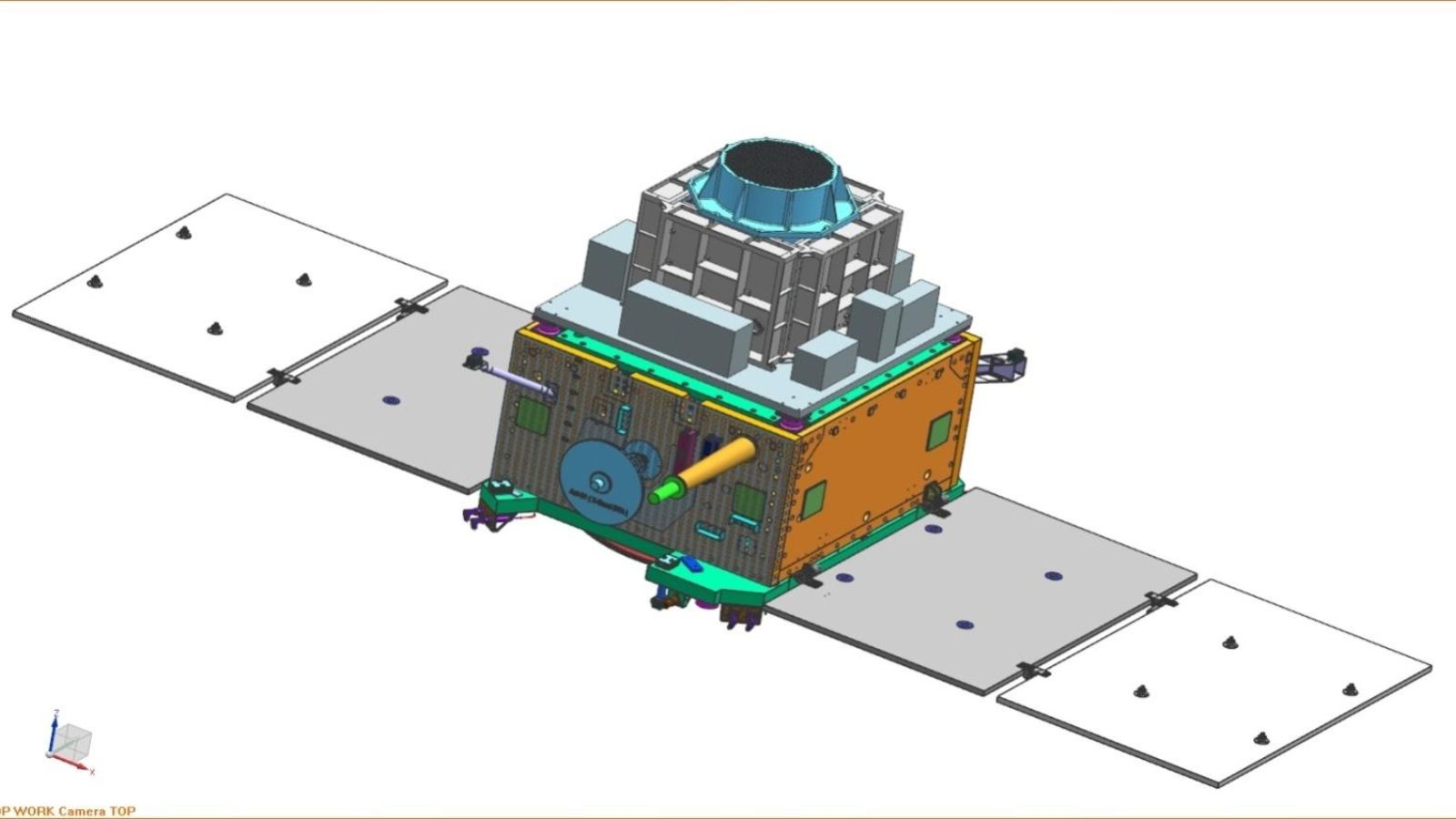Indian Space Research Organisation (ISRO) is likely to usher in the New Year, with the launch of its first polarimetry mission XPoSat likely on January 1, according to persons in the know of the matter.
It will become the country’s third space-based observatory after the recently launched solar mission Aditya-L1 and AstroSat launched in 2015.
The mission is meant to study the “polarisation” of astronomical X-rays, which can provide insights into the processes that resulted in its emissions.
It is a method of studying astronomical phenomenon, in addition to imaging them, studying the fluctuations in light from a source, and the energy radiated by the celestial bodies. The observatory can help in understanding the emission mechanism from sources such as black holes and neutron stars (collapsed core of a massive star).
The planned life of the mission is five years.
It will carry two playloads – POLIX (Polarimeter Instrument in X-rays) and XSPECT (X-ray Spectroscopy and Timing) – in a low earth orbit.

POLIX is designed to make observations in 8-30 keV. It is expected to observe about 40 bright astronomical sources of different categories during the planned lifetime, according to the ISRO.
XSPECT uses a method of observation called spectroscopy that studies the electromagnetic spectrum generated by different matter.
US space agency NASA had launched its polarimetry satellite Imaging X-ray Polarimetry Explorer (IXPE) in 2021. It takes measurements in the energy range of 2-8 keV. What this essentially means is that IXPE and XPoSat will be complementary and can provide coordinated observations of phenomena across a wide energy spectrum of 2-30KeV, the ISRO said.
After the opening of the Indian space sector to private players, there has been an increase in the number of scientific missions launched by ISRO. In 2023, Chandrayaan-3 landed on the South Pole of the Moon and ISRO sent a satellite hurtling towards the L1 point between the Earth and the Sun to allow uninterrupted observations.
In addition to the two missions, ISRO also undertook five other missions, including the first completely successful flight of SSLV, a navigational satellite for the Indian GPS-like service, and a commercial mission on board its heaviest LVM3 vehicle.
© The Indian Express Pvt Ltd
First published on: 21-12-2023 at 22:42 IST

Shambhu Kumar is a science communicator, making complex scientific topics accessible to all. His articles explore breakthroughs in various scientific disciplines, from space exploration to cutting-edge research.



